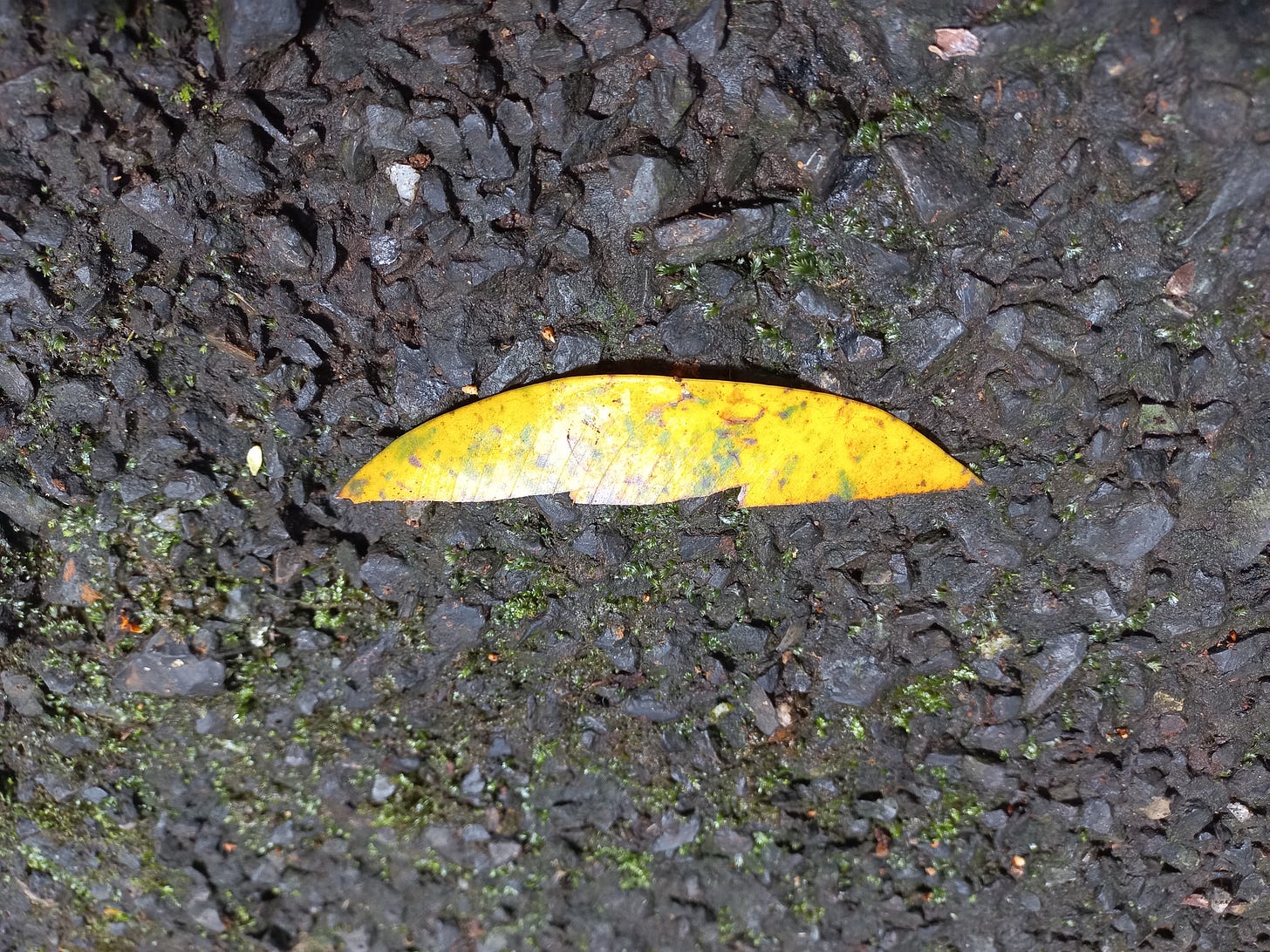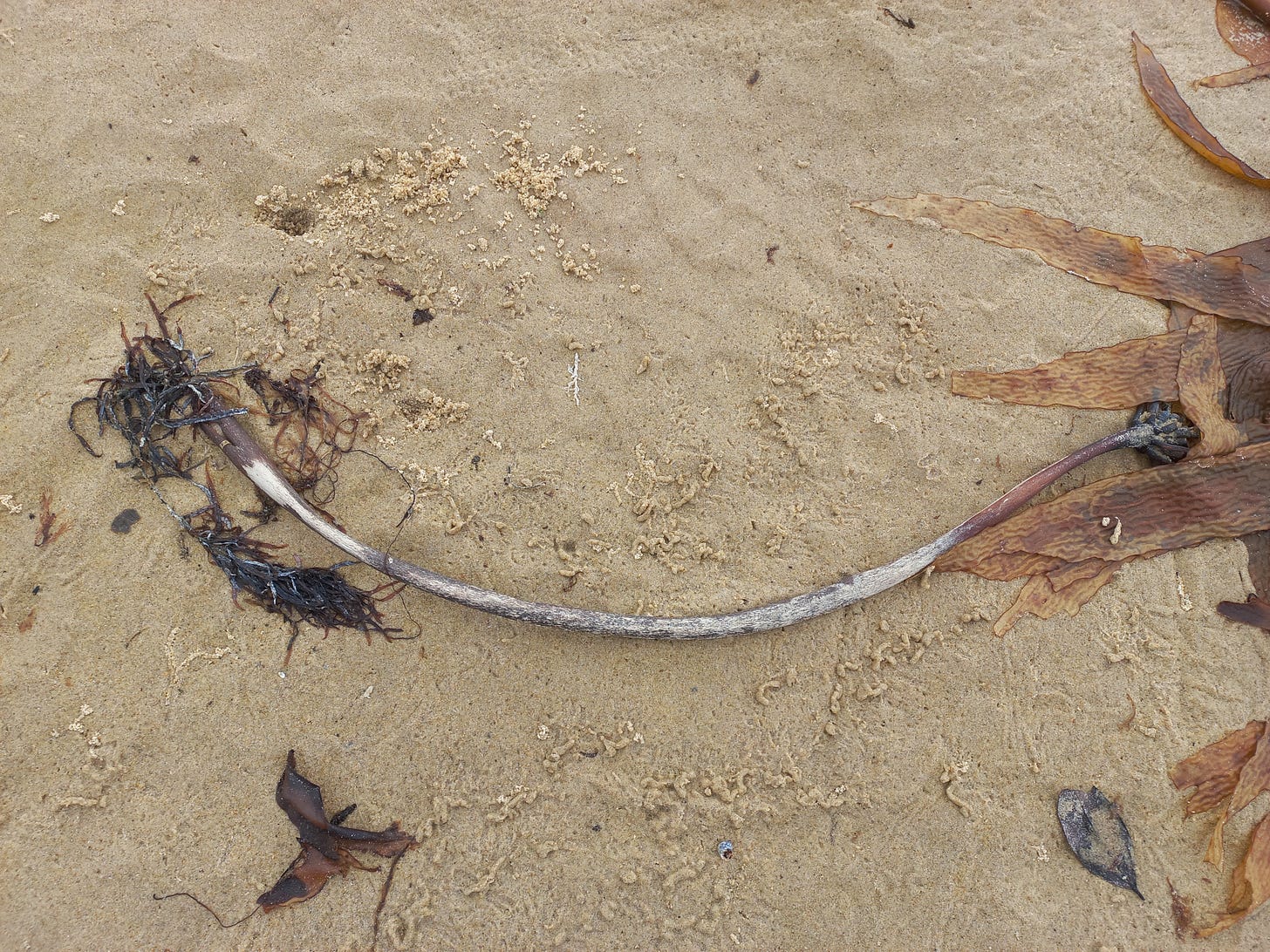After a few days in Malaysia Sindbad noticed that, when talking to locals, he was always smiling. This obviously came from the constant smile of Malays which soon turned out to cover all kinds of different motivations. The most basic was a childlike happiness. “Wow, a human being! Let’s wave!” There was also a zombie smile, a good person’s smile, an “Allah wants me to help this traveller”-smile, a “take a hike”-smile, a “my I.Q. is 70, I have no idea what you are talking about”-smile, an “I’m happy sitting in this chair”-smile, a polite shopkeeper-smile, a “wow, I’m interested in this foreigner”-smile and who knows how many other variations. If I started noticing this so rapidly, Sindbad thought, they must differentiate between all kinds of smiles right off the bat.
Interestingly, in spite of the constant smiling, he did not feel muscle fever in his cheeks which happened with the American grin. Although the Malay gesture did not always represent genuine happiness, it was more than a simple, mechanical pulling of the mouth muscles. In North America smiles are activated or turned off like headlights. You may notice the other person suddenly dropping their smile as they leave your visual field.
Is this permanently benign face better than the Budapest angry look? – He pondered. It is somewhat like old style European politeness, allowing for easy avoidance of conflicts. The person you are communicating with, being experienced in the culture, can probably easily discern a happy smile from a polite “leave me alone”-smile or whatever the gesture actually conveys. They smile back and act accordingly, going on their business if necessary. There undoubtedly was a nice peaceful atmosphere that came with the smile. The question was how far it went, Sindbad thought. What happened in a real conflict situation? He remembered the Thailand murder statistics. The rate of manslaughter by population is significantly lower than in the West, but the ones that happen all call for newspaper headlines: “Stabbed 47 times by his long-time employee”. When the smiling breaks down…
Or take the Chinese, he continued. If I walk into a Chinese store in Budapest and greet them with “ni hau”, their face doesn’t change. The best thing that may happen is that they respond in kind. If I throw a sin chow-greeting at a Vietnamese, their eyes usually light up, and they might even start a conversation. And yes, they are able to smile, not stare at me with a fish face. True, that Chinese guy that rushed to help me in Kuala Lumpur was very friendly, he reminded himself. I wonder what these people will be like.
Sindbad was part of a multitude thronging to the border control station in the huge, impersonal human cheese grader of Johor Bahru, the Malaysian border town to Singapore, a miniature state mostly inhabited by Chinese. Escalators reflected the flow of cars: people standing on the left, walking on the right. The scene was reminiscent of an anthill.
How does it evolve that one group of people keeps smiling while another is always grim, yet another stone-faced? – he thought. If you stop smiling in North America they think you want to kill them. Their grin comes with a whole attitude, such as having to hide vulnerability. “Hi, how are you?” “Fine.” “That’s good. And you?” “Not bad.” “That’s all right.” What this basically means is: “I mean no harm and you can relax, I require no assistance.”
This might not be the example to follow but we can’t be completely sure that the obligatory Budapest long face is the perfect door to spirituality either, Sindbad thought. When returning home from abroad he usually imagined being there for the first time. What did he notice? One phenomenon that stood out was the incredible effort trying to prove how horrible things were. The locals were really dedicated, even on Sunday. There was always some problem. Not coming, not available, not working, not good, sonofabitch. He’s too fast, he’s too slow, he’s too average, whatthefuckagain. I know it’s outdated, but what about some contentment sometimes? What would it be like to throw a smile at a stranger? – he thought.
According to Desmond Morris smiles originally evolved from a fear face, showing we are harmless. This might have come, he thought, from showing our teeth just a bit, indicating that we are not really snarling, even though we could, meaning we are friendly. This explanation probably sounds strange in so few words. Yet Morris does surprise us, with revelations on human behavior. He traces laughter to a completely different evolutionary root.
In another culture it’s more apparent how much we, humans, misunderstand ourselves, Sindbad thought. The fact that we are first and foremost biological creatures. Being social puts another, cultural level on that and the two together account for most of our behavior. In the myth called “liberal democracy” we place all the emphasis on individuality which is at most like the coating on our teeth. Tough, thin, and, for some people, full of holes.
In the crowd waiting for a bus beyond the border Sindbad was sent from one vehicle to another and back. That ticket is valid but not for this bus. No, for this one you need Singapur dollars. No Ringgit, no credit cards. Another bus will come. When? Whenever. Where? There. No, over here. No, over there. At some point he had enough and asked an Indian to change some money. Quick: phone, check rate, bills, drop it there. Cooperative, unsmiling. Headphones back, most expensive ticket so far, up the bus with a lizard-faced crowd, off to Queen street terminal in the tiny hi-fi finance-state on a jungle island.
If Chinese in Malaya were more smiling than mainland Chinese – Sindbad figured – Singapore Malays should be more straight-faced. Foreigners that have lived a long time in Budapest develop a tendency to complain. We, naked apes are like that; those around us influence our mental state. One reason for many Hungarians to travel is probably a desire to be surrounded by happier human beings. I wonder if a newcomer would notice the positive energy on the festival for independent travellers. And there is another question that intriques me – Sindbad thought. How could you put smiles on the faces of Hungarians? And what’s more important: How could you put smiles in their hearts?




